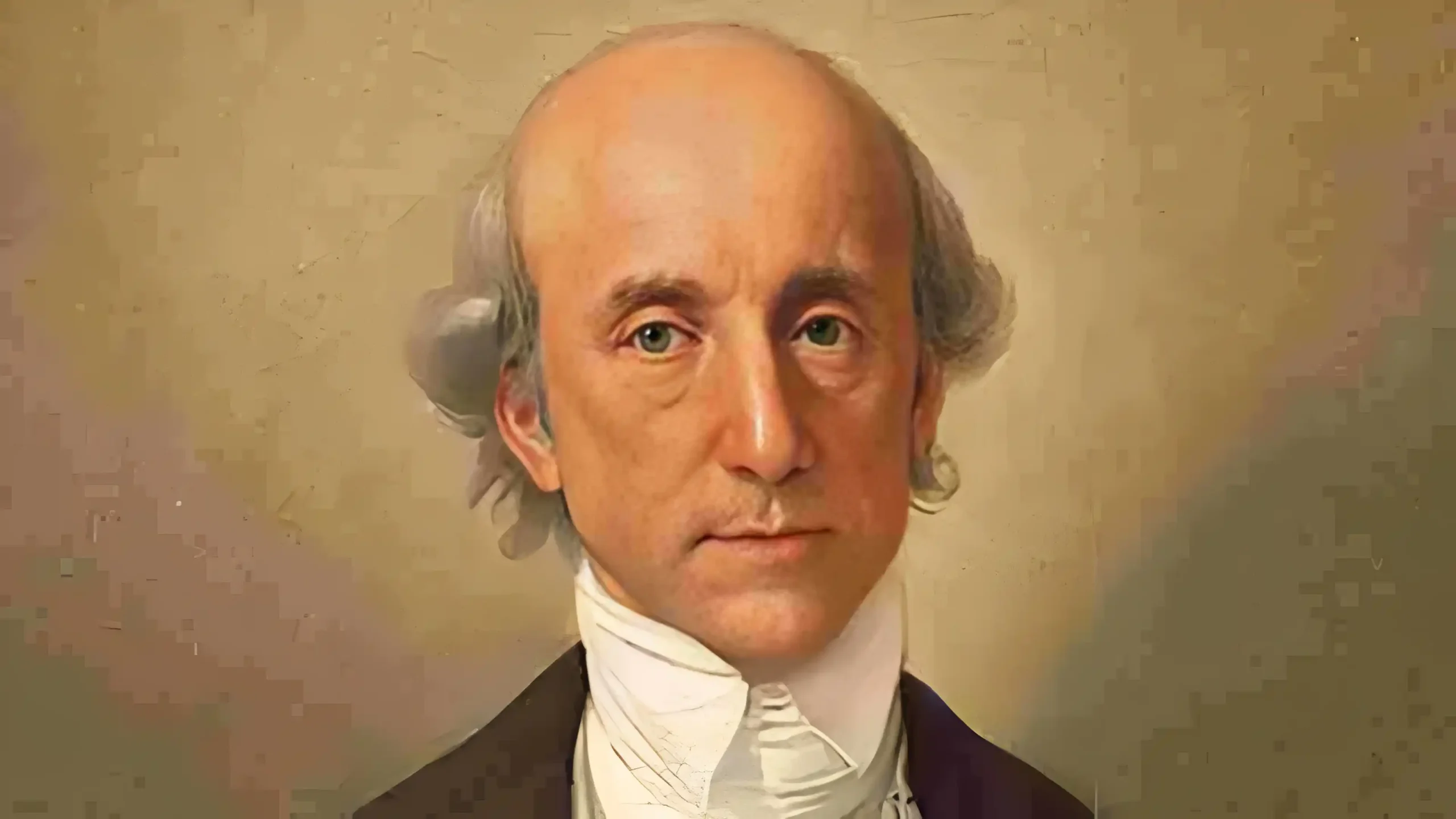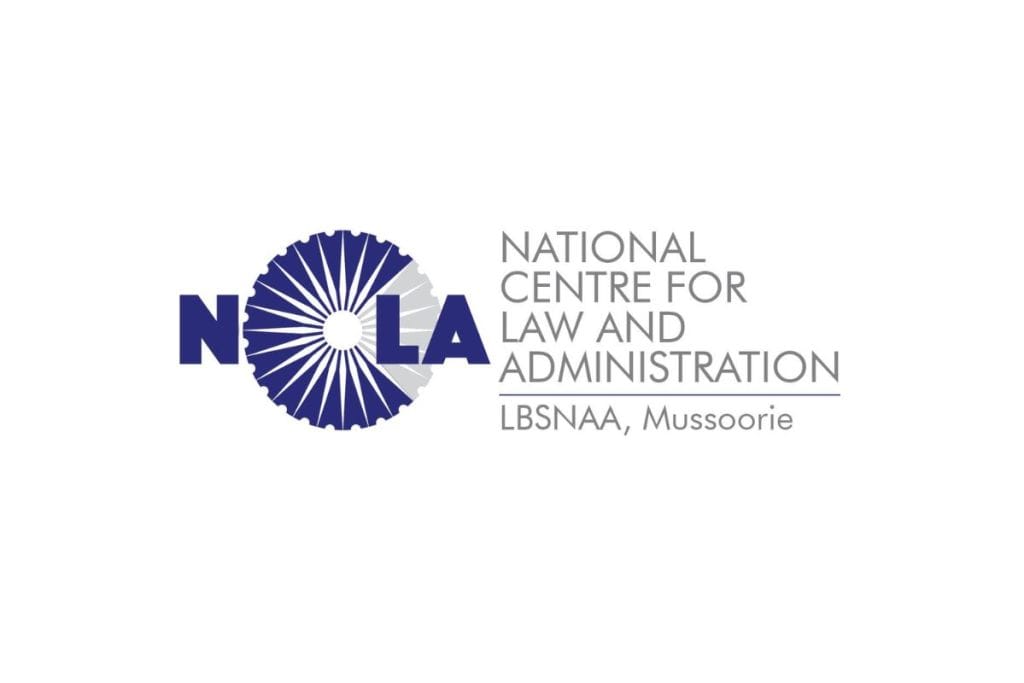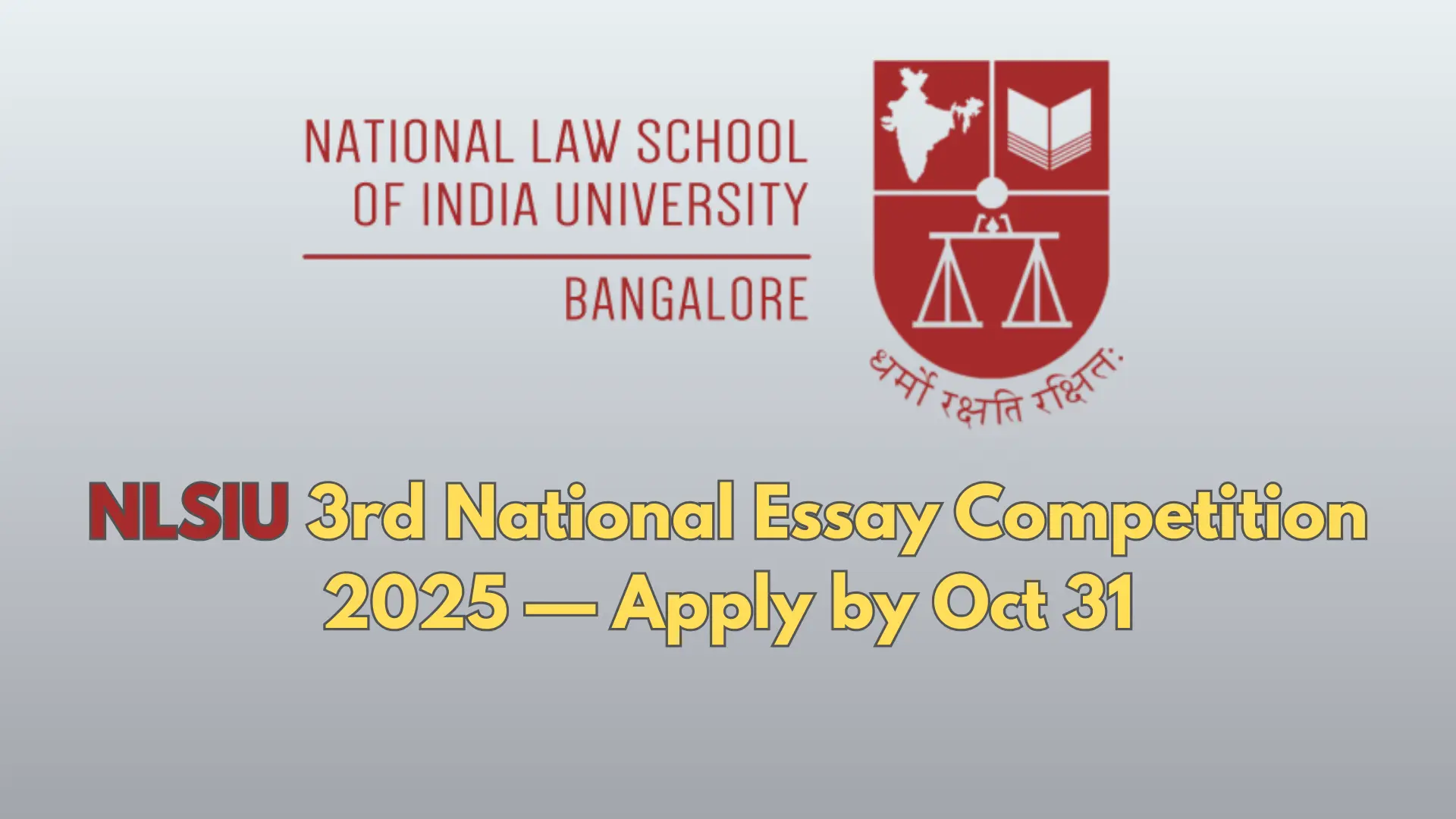Abstract – Importance of Warren Hastings’ Trial in British India
Warren Hastings’ impeachment trial towards the end of the 18th century was the first big public trial in world history regarding the rule over a conquered land—India—by a European nation. Having been a previous Governor-General of Bengal, Hastings was tried by the British Parliament between 1788 and 1795 for alleged corruption, abuse of office, and abuse of administration.
This trial is the defining moment of imperial accountability in the history of the world, posing questions of utmost importance about colonial ethics, sovereignty, and justice. Citing Musselwhite (2013) and Stone (1927), this article considers the political, historical, and ethical aspects of Hastings’ trial and its long-lasting influence.
Introduction – Warren Hastings and the Question of Colonial Justice
Warren Hastings’ impeachment is conventionally recalled as melodramatic, protracted, and politically theatrical, but its deeper contentual meaning is profound. It was the first occasion in history on which a European administrator was formally and publicly brought to law for his actions during the rule of a colonial possession.
The trial established precedent for the application of metropolitan law to colonial situations across the globe and unveiled the latent paradoxes of empire. Hastings, the initial Governor-General of British India from 1773 to 1785, was at once the personification of imperial power and a trial case for its ethical boundaries.
In one sense, the trial was as much about Hastings as about British colonial governance in India. It was a question that had become pressing: could an empire govern in terms of justice? As will be seen in this article, the trial set not only the government of India but reshaped the way imperial powers thought of responsibility and accountability in the contemporary world.
Background – Warren Hastings and the East India Company’s Rule in India
Warren Hastings entered the East India Company’s service as a clerk in 1750 and advanced through its ranks during an age of unexampled British expansion in India. In 1773, when Hastings was made Governor-General, the British East India Company was a de facto sovereign power, holding dominion over vast tracts of country and peoples.
Hastings was to deal with a seriously unstable and corrupt administrative machine weighed down with conflicting interests, faction politics, and weak overriding checks from Britain. His tenure in office saw attempts at the consolidation of British power, the modernization of government, and the squeezing of taxes. Some of his actions, like imposing excessive taxation, interference in local affairs, and the repression of opposition, raised grievances both within India and Britain.
As pointed out by Stone (1927), the Hastings government had been accused of extortion, abuse of judicial authority, and the coercive treatment of native rulers, the best examples of which were the Rohilla War and the treatment of Benares’ Raja Chait Singh. These would form the crux of his impeachment.

The Impeachment and Trial – How Warren Hastings Faced British Parliament
In 1787, Edmund Burke, the top Whig politician and most fervent critic of colonial abuse, officially opened the procedure of impeachment in the House of Commons. Burke regarded Hastings as the personification of the “oriental despotism” of the British in India. The charge, high crimes and misdemeanours, accused Hastings of having employed his powers for his own enrichment and of having cast shame on British justice.
The trial continued between 1788 and 1795 for a period of seven years and was one of the longest trials in the history of British law. Conducted in Westminster Hall with royalty, foreign ambassadors, and common people watching, the trial was the very definition of high drama in all ways.
According to Musselwhite (2013), the trial was also a form of political theatre where literature, imperial ideology, and law were brought together. Burke’s speech was intensely moralized, presenting the trial as a fight for civilization against oppression.
Hastings himself was unflappable and dignified, denying every accusation and portraying himself as a diligent servant of the Crown who had done nothing but act in the Empire’s interests. The showmanship of the trial—its oratory, pageantry, and emotional appeals—turned it into a symbolic condemnation not only of one man but of an entire system of colonial administration.
Legal and Political Stakes of the Warren Hastings Impeachment
The core issue before Parliament was whether British administrators were accountable for their actions under colonies. As Stone (1927) elaborates, there was not much precedent for the prosecution of a colonial official in Britain for actions that had taken place overseas.
The trial substantially brought British constitutional and moral principles into the colonial sphere by applying jurisdiction. But still the verdict remained in doubt. In spite of the passionate pleas of Burke and his friends, Hastings was finally acquitted in 1795.
The acquittal was both a reflection of the uncertainty of the evidence and of the changing political mood in Britain, which was becoming increasingly equivocal in its approach to the East India Company and the empire.
Nevertheless, the trial was deeply significant. It showed that Parliament was not to be trifled with and could hold colonial officials to account. It showed also how powerful public opinion was, fueled by newspaper reports and political rhetoric, in shaping imperial policy.
As Musselwhite (2013) states, the trial helped to raise awareness of empire’s moral obligations and need for reform.
Moral and Cultural Dimensions of Warren Hastings’ Trial
Beyond the political and judicial process, Warren Hastings’ trial had profound ethical implications. Burke constructed the trial as an ethical crusade against tyranny, highlighting India’s people’s sufferings at the hands of the British.
He saw the British as not an instrument of good but as an instrument of violence and exploitation. This was a story that resonated with an increasingly restive British public about the cost of imperialism in terms of morality.
Musselwhite (2013) argues that the trial was situated in a wider literary and ideological tradition to articulate empire as it would be perceived from the perspectives of justice and human rights.
The arguments presented in the trial were subsequently committed to paper and widely read, shaping arguments about colonialism and law for centuries to come. The spectacle easily confused the boundary between literature, law, and politics and placed the moral imagination at the center of imperial discourse.
Such rhetoric was also contradictory. While Burke critiqued Hastings for his behavior as if an Eastern despot, he did so in the cause of defending the notion of British stewardship of empire. In this manner, the trial at once blamed and defended the imperial project, stating that empire could be reformed and made legitimate instead of being abolished.
Legacy and Global Significance of the Warren Hastings Trial
While Hastings was acquitted, the trial had lasting effects. It caused increased surveillance of the East India Company and ultimately led to the Government of India Act of 1858, which took authority over India away from the Company and gave it to the British Crown.
The event also established the limits of imperial responsibility, setting the stage for subsequent controversies regarding human rights, sovereignty, and government in colonial environments.
Globally, the trial was a milestone in the history of imperial law. The first explicit legal reckoning with colonialism, it meant that empires no longer could act with impunity.
It initiated the notion that the actions of colonial functionaries could be held accountable by rules of justice and morality—albeit rules devised by the colonizers themselves.
Looking back, Warren Hastings’ trial is the moment that defines the annals of international justice. It revealed the moral inconsistencies at the center of empire and established a precedent for putting colonial powers in the dock.
In so doing, it foreshadowed the contemporary language of international law, human rights, and postcolonial critique.
Conclusion – How Warren Hastings’ Trial Redefined Colonial Accountability
The trial of Warren Hastings was more than a one-time occurrence in British legal history; it was a world moment.
It was the first time that the rule of a non-European power had escalated to be a topic of protracted legal and moral examination in a European court. It is thus still an important reminder that imperial power, as extensive as it may be, is not unlimited.
Both Musselwhite (2013) and Stone (1927) highlight the complexity of the trial: it was as much a performance and ideological trial as a trial of legal innocence or guilt. But its legacy is inescapably simplistic—it created a precedent for accountability, however imperfect, and opened the door to questioning empire more rigorously.
Now, while the world remains to deal with the legacies of colonialism, the trial of Warren Hastings is a touchstone of history. It is a reminder that justice, though delayed and distorted, was an age-old requirement of the colonized world—a requirement first heard ringing out across Westminster some nearly 250 years ago.
Also Read: Frank Vitus v. Narcotics Control Bureau: Bail, Privacy & a Landmark Blow to Overreach
References
Stone, R., 1927. The Trial of Warren Hastings. American Bar Association Journal, 13(7), pp. 398–403.
The Trial of Warren Hastings: Classical Oratory and Reception in Eighteenth-Century England








